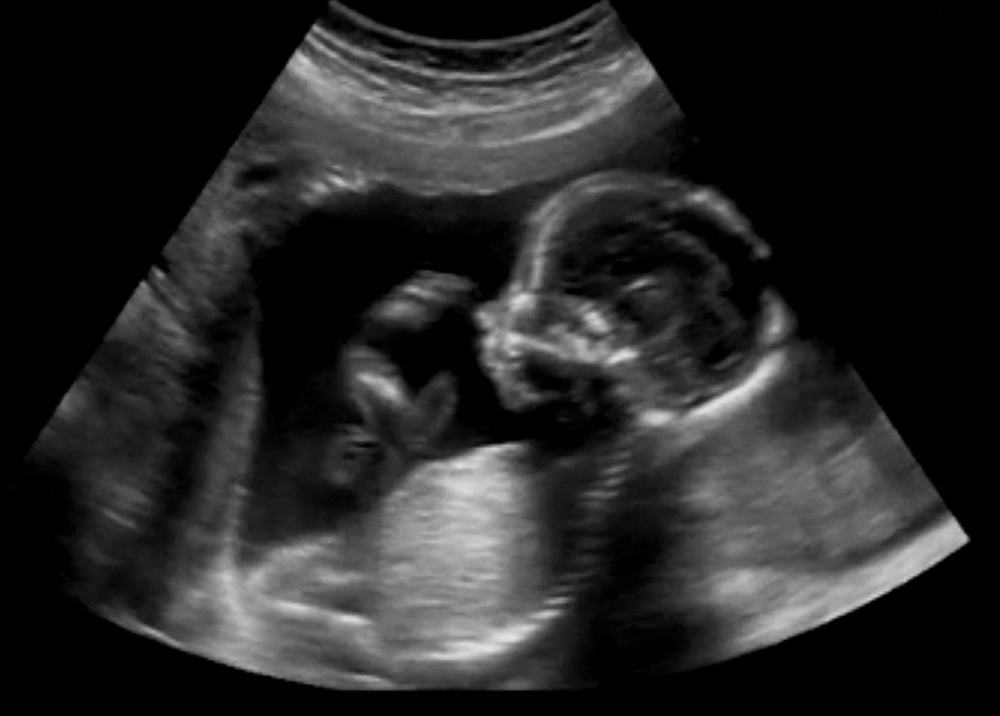Contents:
- Medical Video: What is STILLBIRTH? What does STILLBIRTH mean? STILLBIRTH meaning, definition & explanation
- What are the causes of stillbirths?
- 1. Birth defects, with or without chromosomal abnormalities
- 2. Problems with the umbilical cord
- 3. Problems with the placenta
- 4. Maternal health conditions
- 5. Intrauterine growth restriction (IUGR)
- 6. Infection during pregnancy that can affect the mother, baby or placenta
- What can increase the risk of stillbirth?
- 1. Have experienced the occurrence of a stillborn baby before
- 2. Twin or more pregnancies
- 3. Age during pregnancy
- 4. Obesity
- 5. Smoking, drinking alcohol, and drugs
Medical Video: What is STILLBIRTH? What does STILLBIRTH mean? STILLBIRTH meaning, definition & explanation
If a baby dies before the womb reaches 20 weeks, this is called miscarriage. Whereas in babies who die at more than 20 weeks' gestation, this is called a stillbirth or baby stillbirth. Sometimes, many people think that miscarriages are all infant deaths before they are born into the world, whereas they differ depending on the mother's gestational age when the baby is said to have died.
Stillbirths can be caused by various things, such as the condition of the mother, fetus, and also the placenta. Maternal nutritional adequacy during pregnancy can also affect the risk of babies experiencing stillbirth. Therefore, it is expected that after reading this article, you as a pregnant woman can pay more attention to your condition and the fetus in the womb.
What are the causes of stillbirths?
One in 200 pregnancies can experience death before the baby is born at the age of more than 20 weeks. Not much different from the causes of miscarriages, stillbirths can also be caused by the condition of the mother or fetus.
Some things that can cause a stillbirth are:
1. Birth defects, with or without chromosomal abnormalities
Chromosomal abnormalities are responsible for 15-20% of all incidents of stillbirths. Sometimes, babies have structural abnormalities that are not caused by chromosomal abnormalities, but are caused by genetic, environmental, and unknown causes.
2. Problems with the umbilical cord
During labor, the baby's umbilical cord can come out before the baby comes out (umbilical cord prolapse), thus blocking the baby's oxygen supply before the baby is able to breathe on their own. The umbilical cord can also be wrapped around the baby's neck before labor, which can interfere with the baby's breathing. Two events involving the umbilical cord can cause a baby to be born dead. However, this event is rarely the main cause of stillbirths.
3. Problems with the placenta
Problems with the placenta cause around 24% of stillbirths. These placental problems include blood clots, inflammation, problems with blood vessels in the placenta, abruption of the placenta (where the placenta separates too early from the uterine wall when it is not yet time), and other conditions associated with the placenta. Women who smoke during pregnancy are more likely to experience placental abruption than women who don't smoke.
4. Maternal health conditions
For example diabetes, high blood pressure, preeclampsia, lupus (autoimmune disorders), obesity, trauma or accidents, thrombophilia (blood clotting abnormalities), and thyroid disease. High blood pressure or preeclampsia during pregnancy increases the risk of placental abruption or twice as many stillbirths.
5. Intrauterine growth restriction (IUGR)
IUGR makes the fetus have a high risk of nutritional deficiencies. This lack of nutrients then disrupts fetal growth and development. Fetal growth and development that runs very slowly can put the fetus at risk of stillbirth. Babies who are small or do not grow according to their age are at risk of experiencing death from asphyxia or lack of oxygen before or during birth.
6. Infection during pregnancy that can affect the mother, baby or placenta
About 1 in 10 incidence of stillbirths is caused by infection. Some infections that can cause stillbirth are cytomegalovirus, rubella, urinary tract and genital tract infections (such as genital herpes), listeriosis (due to food poisoning), syphilis, and toxoplasmosis. Some of these infections may be asymptomatic and may also be undiagnosed before the mother has a more serious condition, such as premature birth or stillbirth.
What can increase the risk of stillbirth?
Just like miscarriages, stillbirths are certainly not an event that all pregnant women want. The following are things that can make you have a higher risk of stillbirth. By knowing this, you can prevent or reduce your risk of experiencing the incidence of stillbirth.
1. Have experienced the occurrence of a stillborn baby before
By having such experiences, it is hoped that you will pay more attention to your next pregnancy. Fulfill your nutritional needs and the fetus, and do a prenatal check up regularly to find out the development and condition of your pregnancy. A history of premature birth or preeclampsia can also increase the risk of stillbirth.
2. Twin or more pregnancies
Twin pregnancy may be fun, but don't forget to pay more attention to your twin pregnancies. Complications that can occur in twin pregnancies are higher than for single pregnancies, including higher incidence of stillbirths.
3. Age during pregnancy
The age at pregnancy that is too young (under 15 years) or older at the age of pregnancy (over 35 years) puts you at a higher risk of the incidence of stillbirths. Therefore, it is important to plan your pregnancy.
4. Obesity
It is important for you to be weight before and during pregnancy. Very little or very excessive weight (obesity) can increase the risk of unwanted events, such as this stillborn baby. We recommend that you pay attention to how much weight you must meet during pregnancy, adjust to your weight before becoming pregnant.
5. Smoking, drinking alcohol, and drugs
These three things can increase your risk of experiencing a stillbirth. Stay away from these three things during pregnancy. If you need to take medication during pregnancy, you should consult with your doctor first.












